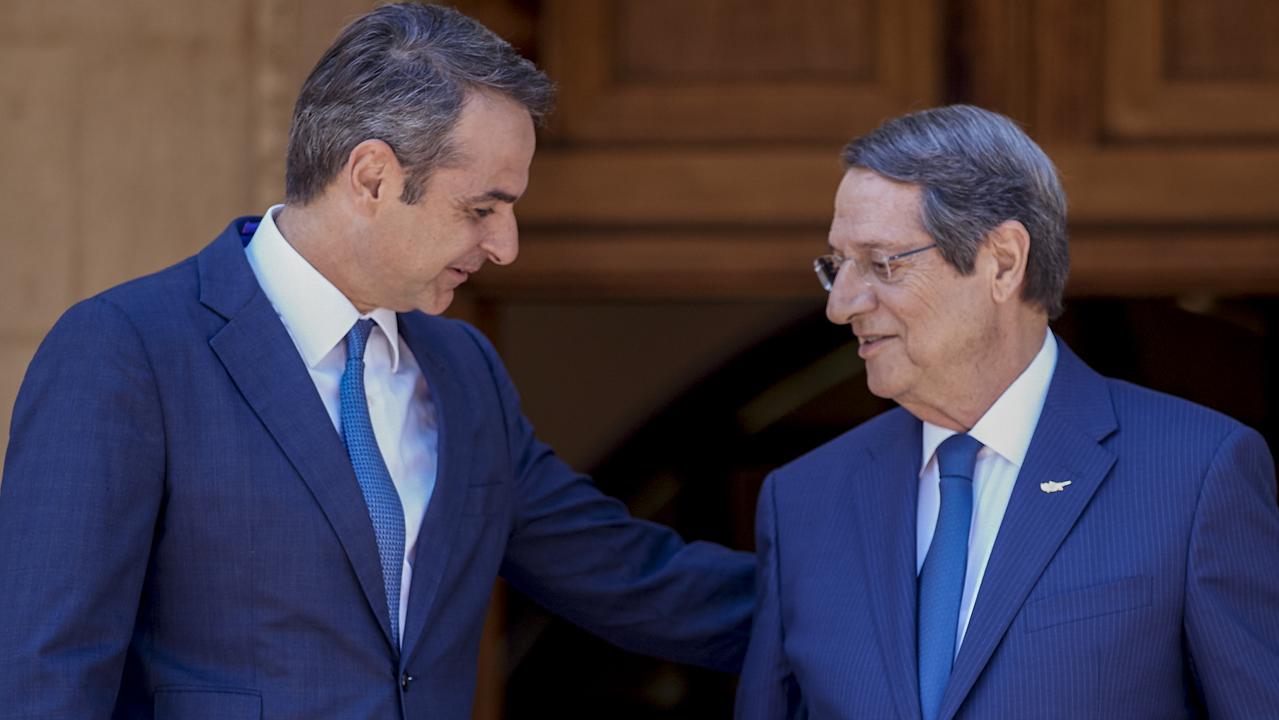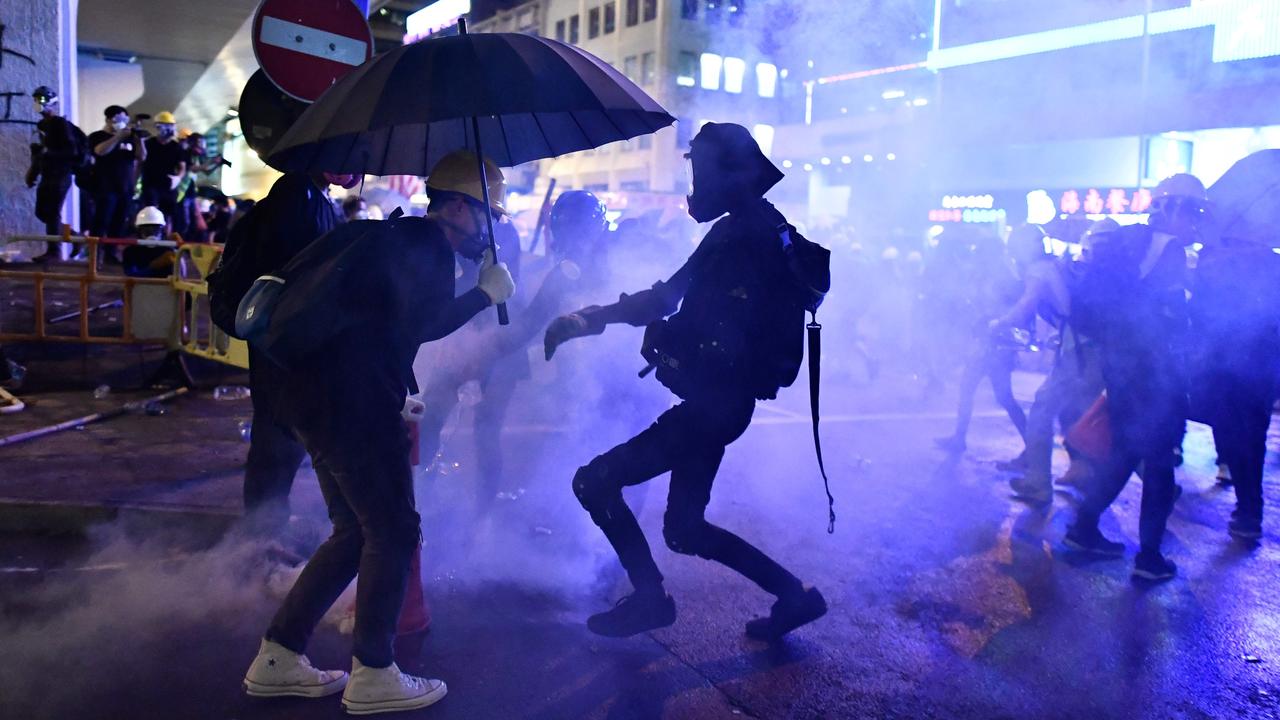
When Xi Jinping, now confirmed as the most powerful figure in the Chinese Communist Party’s 97-year history since Mao Zedong, led the voting on the stage of the Great Hall of the People on Sunday, the Chinese folk tune Higher, Step By Step played in the background.
He has reached new heights, and China has reached uncharted waters.
The delegates also had no hesitation in adding “Xi Jinping’s Thought on Socialism with Chinese Characteristics for a New Era” to the national constitution.
Although Xi has held his most important role — general-secretary of the ruling party — since late 2012, this week launches his New Era.
In a panel discussion with the congress delegation from the southern industrial powerhouse province of Guangdong last Wednesday, Xi said he “totally agreed with the constitutional revision”, which reflected “the common will of the party and the people”. The remark underlined that to disagree meant to defy him personally.
Of the 2963 delegates who voted on Sunday, only two dared to oppose these first constitutional changes in 13 years, while three abstained. The vote of another was simply invalidated — it appears that person arrived late, some achievement since the delegates were all brought in by bus together to the emptied and guarded Tiananmen Square for the occasion.
Against all expectations when he was chosen as leader in 2012, when most inside and outside the party believed he would preside over a continuation of the government-by-committee style that had emerged steadily since the convulsive Mao years, Xi has changed China in surprising ways.
He has centralised decision-making and ensured the party is inserted into the dominant position in every sphere.
There was tepid speculation before Xi’s emergence that China might start to step gingerly down the road begun by Deng Xiaoping — to split party from government, the former focusing on policy formation.
That is over. The party is back big-time, everywhere, including branches inside just about every private company, locally or foreign-owned, inside the approved religious organisations, inside “civil society” groups.
Xi encapsulates the party. And now, everyone knows he intends to stay in power for long enough to institutionalise thoroughly all his views and plans, and to oversee the emergence of a generation of leaders to implement them, who owe him their entire loyalty.
While Chinese people retain many “lifestyle” choices and freedoms, Xi has closed down the room for public debate, offline or online, the latter through the deployment of hundreds of thousands, maybe more, “net police”, and through requiring the unstinting support of all China’s vaunted private internet corporations. There is no longer any tolerance for challenging the party or the leadership, in the media, in the legal system — which does not permit appeals to China’s remarkably liberal-sounding constitution — or in the arts, except in cunning, coded ways that baffle the cadres set to police them.
Sunday’s constitutional change also has considerable bearing on how China works in the world. Although there are conventions to the contrary, the party lacks any formal, constitutional barrier to the general-secretary or chairman of the military commission — another crucial role taken by the leader — staying on for multiple five-year terms.
That Xi was ready, and so comparatively early in his leadership, to force the changes to the constitution to permit him to remain as President for as long as he requires or needs, underlines the high priority he accords to the new global role he is rapidly carving out for China.
He needs the protocol surrounding the travels of a president — not so easily accorded, internationally, to the head of a political party — to lead China’s pursuit of status and power commensurate with its economic heft.
Foreign Minister Wang Yi said last week that Xi, whom he described as “charismatic”, had already visited 57 countries since becoming leader, and anticipated this was just the start of a global campaign to boost China’s influence worldwide.
Especially in the developing world, but even in eastern Europe and other industrialised regions, China’s model of governance is gaining support through Xi’s energetic evangelism.
Xi is a risk taker. He has dared take on rival factions and “tigers” inside the party, and vanquished them through his anti-corruption campaign that increasingly serves as a test of loyalty to him as “the core” of the party, and indeed of China.
Now, a fit looking 64 years old, the author of a book called Governance, which is being distributed around the world in just about every language, his eyes are on the prize that appears to await as other international leaders falter — that, in effect, of a global governor.




The lifting of China’s presidential term limits by the National People’s Congress is not merely business as usual for a one-party-state. It marks a turning point for the country and the wider world.